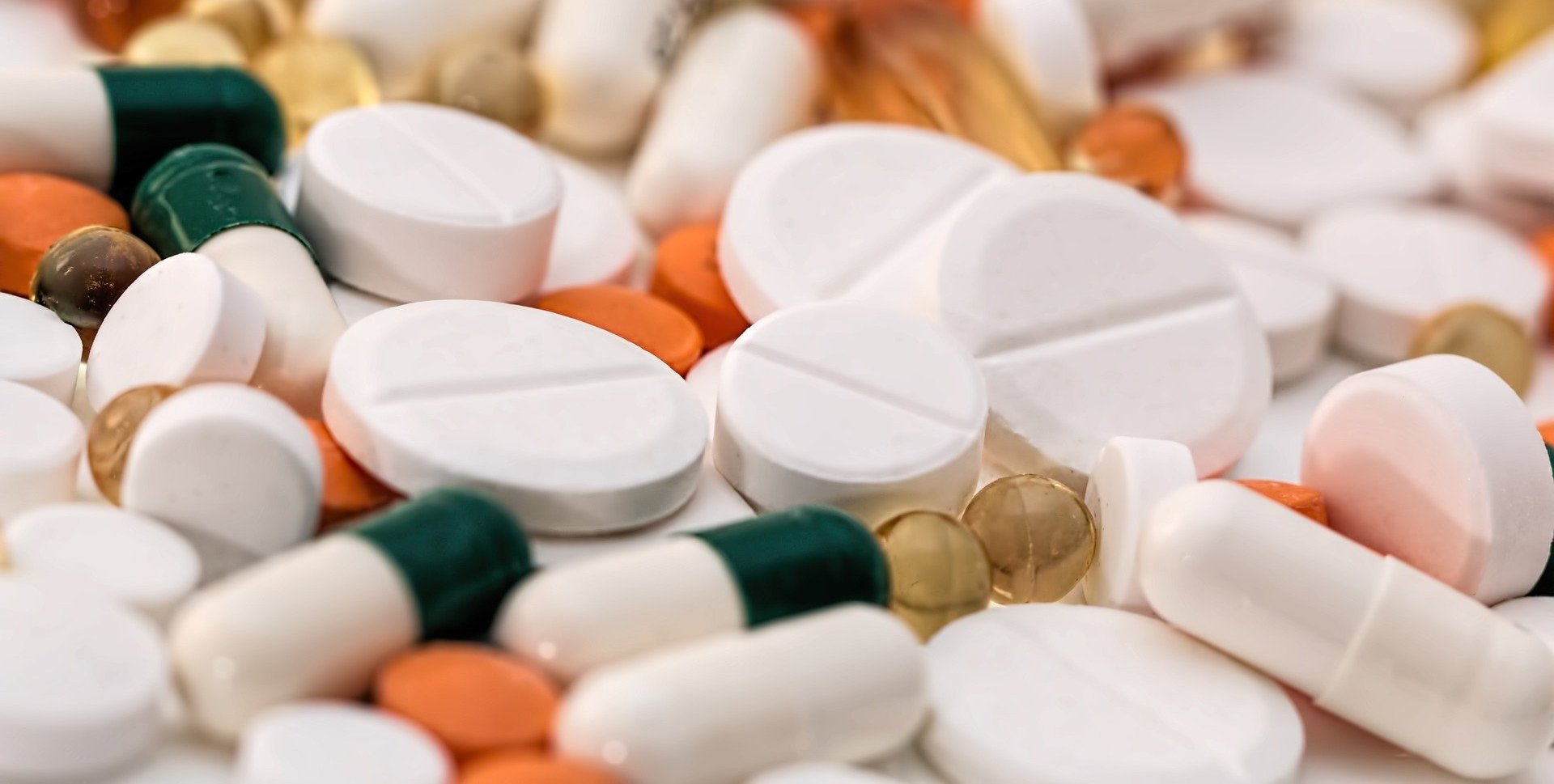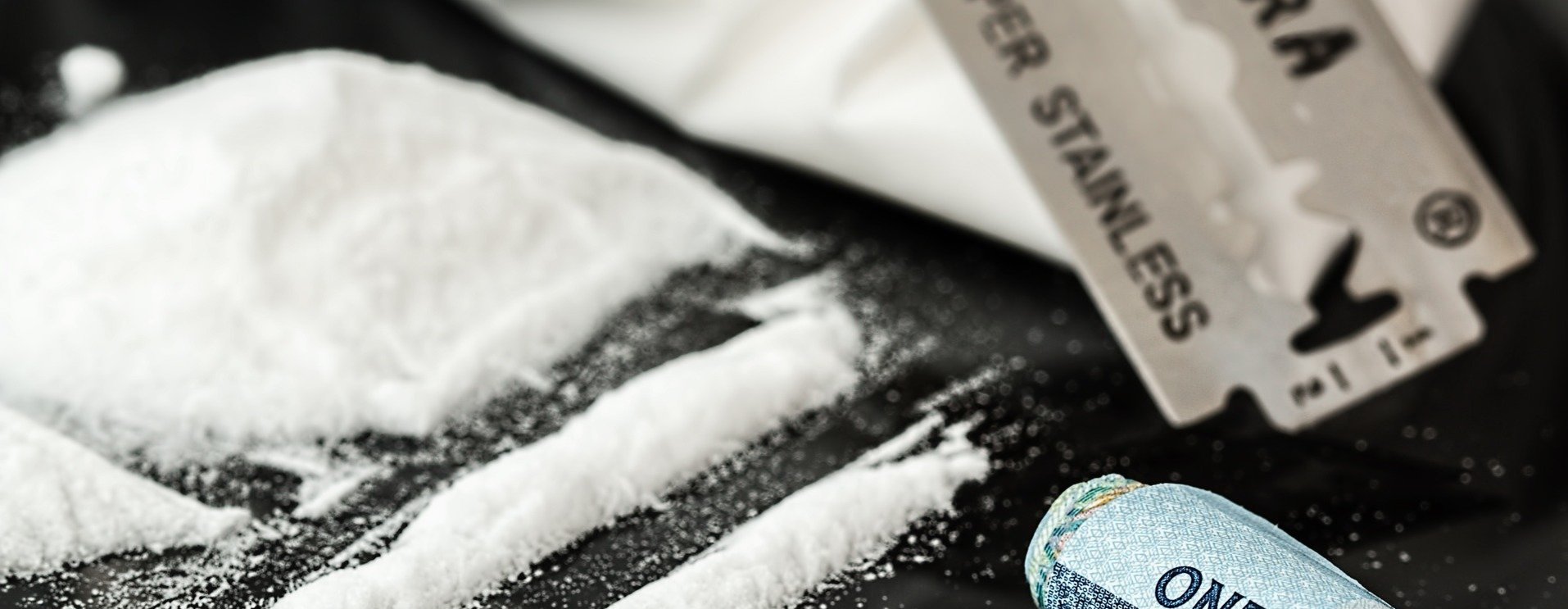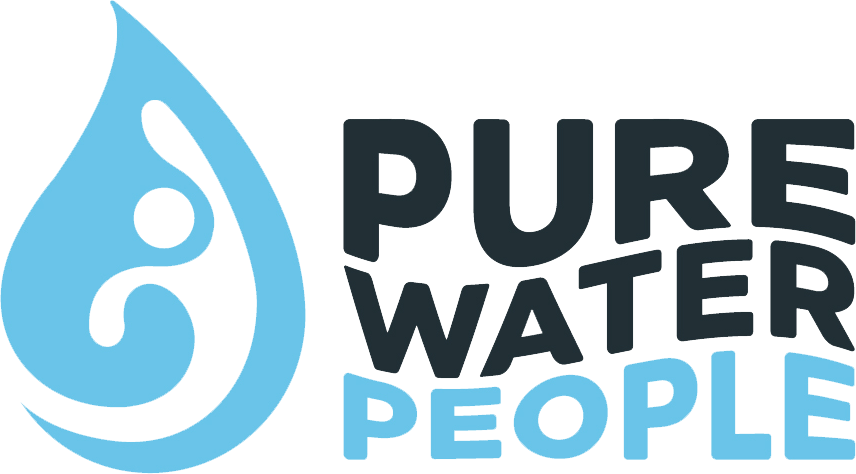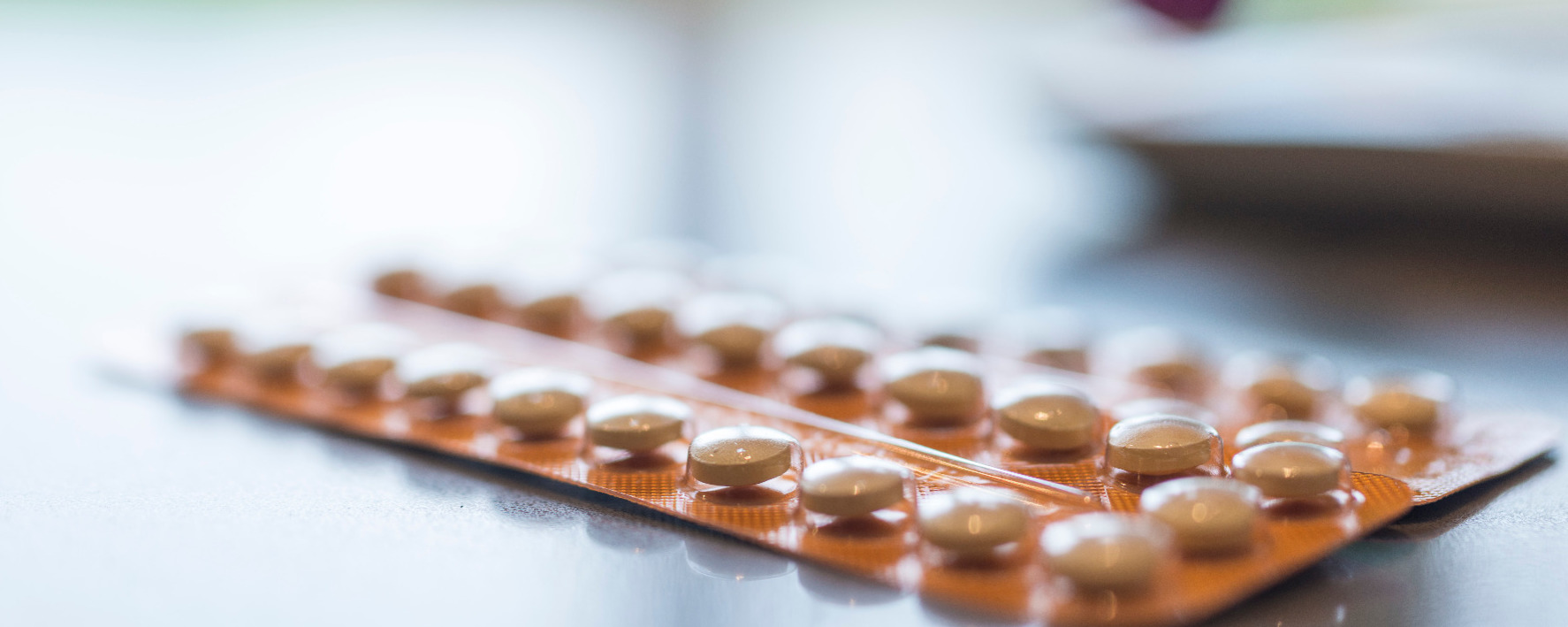Drugs in your water supply?
Posted on 3rd January 2020 at 10:59
There are a worrying number of contaminants in UK drinking water, but perhaps most alarming is the presence of pharmaceutical drugs in our tap water. The headlines about ‘cocaine in tap water’ may have been attention-grabbing but what is the truth behind the sensationalism? We investigate the types of drugs present in our water supply, the potential harm they may cause and examine the scientific evidence that surrounds the issues.
UK Studies into Pharmaceuticals in Water Supply
In 2011/12, a study was carried out by Boxall et al looking at pharmaceuticals in drinking water supply. Their study focussed on four sites across the UK where treated water was monitored for a year. The team detected five drugs in the treated water. In a follow up study in 2014, the Drinking Water Inspectorate (DWI), investigated if these five drugs were harmful to humans in the concentrations recorded. These are the drugs they found in UK tap water:
What Drugs are in UK Tap Water?
Naproxen
What is it: A painkiller that helps to reduce inflammation, used to treat a number of conditions, including rheumatoid arthritis, cramps, and gout among others.
Issues: Naproxen should be avoided by pregnant women and women trying to conceive according to the NHS as it may decrease female fertility. People with kidney and liver problems, those who require a low salt diet, have circulation problems as well as a whole host of other conditions should also avoid it.

Cocaine (benzoylecgonine)
What is it: Benzoylecgonine is the metabolised form of cocaine.
Issues: As well as being an illegal substance that is often tested for in routine drug tests, benzoylecgonine is harmful to the health with a potential cardiotoxic effect.

Carbamazepine
What is it: Carbamazepine is used to treat epilepsy, reducing the chances of having seizures. It is also used in the treatment of bipolar disorder.
Issues: Carbamazepine use in pregnant women has links to birth defects and problems after birth which may require close monitoring from medical staff. The NHS states that Carbamazepine is not suitable for everyone and some people should never use it. It also states that ‘this medicine may decrease fertility because it affects sperm production.’
Carbamazepine Epoxide
What is it: Carbamazepine Epoxide is the metabolised version of Carbamazepine (see above).
Issues: Carbamazepine Epoxide is pharmacologically active and potentially toxic and is associated with congentital defects according to MayoClinic.
Ibuprofen
What is it: Ibuprofen is an anti-inflammatory painkiller available without prescription.
Issues: Ibuprofen should be avoided by people with stomach ulsers, asthma or kidney or liver problems. It also can react badly with a number of other drugs.
All of the issues highlighted in the above are associated with much higher doses than were discovered in the water supply, but serve to show the areas that they would affect and which people may be sensitive.

How do drugs enter our water supply?
There are two principle ways in which these drugs end up in our water supply. Firstly, from people flushing away unwanted or unneeded medication down the toilet. Secondly, the more common way, from people taking these ‘common’ pharmaceuticals and then the unabsorbed drugs passing out in their urine or faeces. The water is then treated by your supply company but does not remove all traces of these pharmaceuticals.
The amount of pharmaceuticals in Drinking Water
The following table is from the DWI final report and shows the maximum concentrations in ng/l (nanograms per litre) possible:

Is it safe to drink UK tap water with drugs present?
The levels of pharmaceuticals in tap water are low. Yet little is really known about the effects of consumption over long periods of time. It is the water supply companies’ responsibility to ensure they provide you with safe water and tackle these issues head on.
The DWI report (you can read the PDF of the final report here) took into accounts the risk associated with median and maximum concentrations of the five pharmaceuticals detected by Boxall et all and assessed the risk to infants, children and adults at these levels over a lifetime. The report concludes that ‘the levels of these pharmaceuticals measured in drinking water are not anticipated to pose an appreciable risk to public health.’ The recorded levels also fell well short of those outlined in the Water Resources Act which reflects the EU directive.
The report found that tap water is safe to drink but it is a question if you actually want to consume these drugs on a daily basis as well as numerous other contaminants. New potentially-harmful contaminants are being discovered in tap water on a regular basis. According to the Guardian, in 2011 a Brunel University study in 2011 found dishwasher detergent chemicals benzotriazole and tolytriazole in UK drinking water. At Aquatec – the Pure Water People we use several further filters to ensure that your water is safe to consume. If you want to find out more about our scientifically-advanced whole house water purification systems and how they remove all contaminants in your water to protect your family call us today on 0117 9109988 or Contact Us.
Tagged as: Contaminants, Drugs
Share this post:





